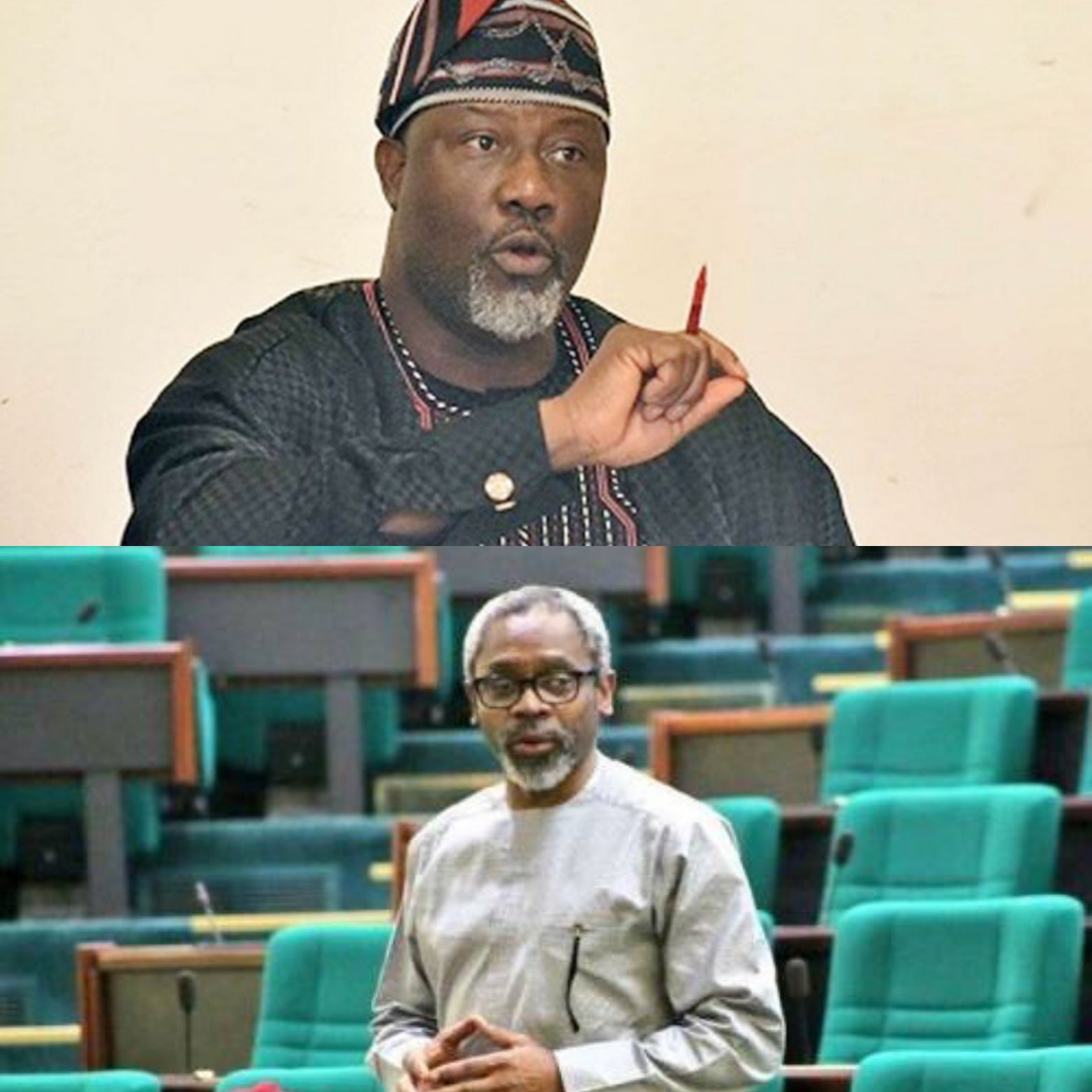NEWS
Dino Melaye files suit against Gbajabiamila, Malami over Infectious Diseases Bill

Controversial ex-lawmaker, Dino Melaye has filed a lawsuit against the Speaker of the House of Representatives, Femi Gbajabiamila; the Attorney General of the Federation, Abubakar Malami; and the Inspector General of Police, Mohammed Adamu, among others, over the controversial Control of Infectious Diseases Bill.
The bill, which was sponsored by Gbajabiamila and his colleagues, Pascal Obi and Tanko Sununu seeks to empower the Federal Government to convert any property in the country, including private properties, to isolation centres.
According to them, the proposed law is designed to prevent the spread of a possible outbreak of infectious diseases.
Apart from members of the House, who protested that they were not served copies of the bill while it was read at plenary on Tuesday before it hurriedly passed first and second readings on the same day, lawyers and many other Nigerians described the bill as draconian and suspicious.
There were also accusations that the sponsors largely plagiarised a similar law on disease control by Singapore.
Melaye, in a tweet on Monday, stated that he had taken legal action against Gbajabiamila and others.
He said, “I have just filed a court action against the Speaker and House of Representatives on the wicked bill initiated by Hon Femi Gbajabiamila this morning at the Federal High Court Abuja. We shall overcome.”
The document with Suit No. FHC/ABJ/CS/463/2020, which was shared by Melaye’s Twitter account, listed the defendants as Gbajabiamila; Malami; Adamu; the Clerk of the National Assembly, Mohammed Sani-Omolori; the Clerk of the House of Representatives, Patrick Giwa.
The notice of application was filed “in the matter of an application by Senator Dino Melaye for an order for the enforcement of his fundamental rights to the dignity of his person, personal liberty, right to private and family life, right to freedom of movement and right to own immovable property in Nigeria.”
It stated that the “notice of application for an order enforcing fundamental rights (is) brought pursuant to Sections 34 (1), 35 37, 38, 40, 41 (1), 44, and 46 (1) of the 1999 Constitution of the Federal Republic of Nigeria, as altered; (and) Articles 4, 6, 7, 10, 11, 12 and 14 of the African Charter on Human and People’s Rights.”







